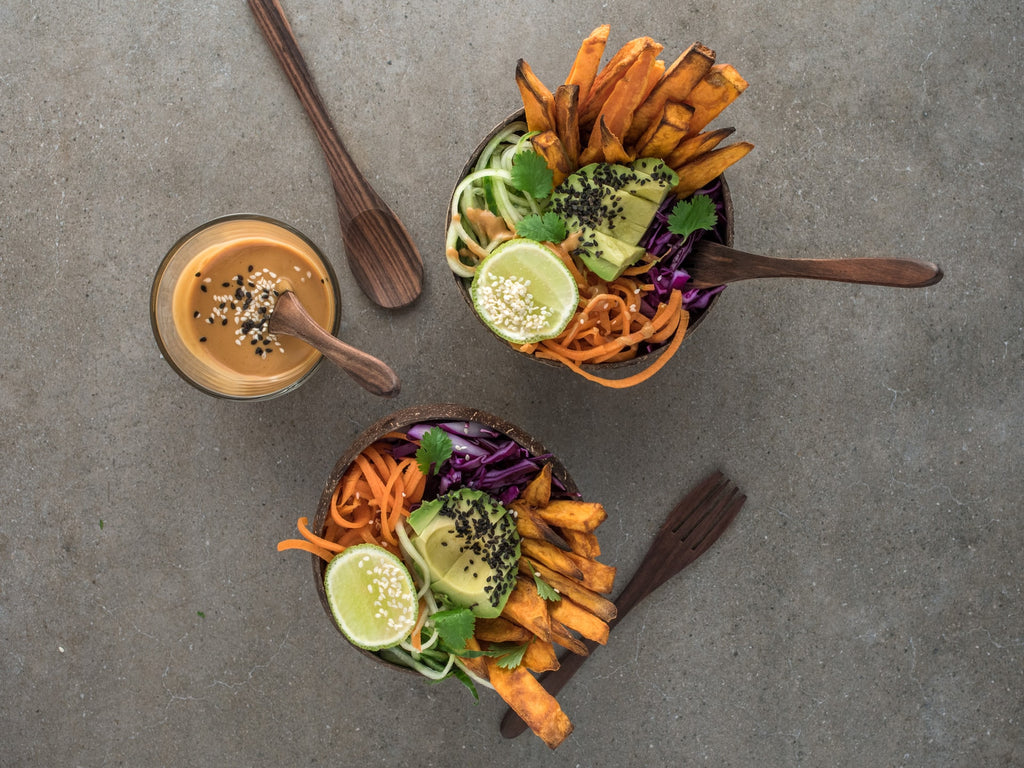
Are you looking to improve your eating habits? More and more people are switching to a plant-based diet thanks to its proven health and environmental benefits. If you're thinking of moving towards more plant-based eating habits, discover in this article simple ways to get started with delicious plant-based eating.
For many years, doctors, dietitians, and food scientists alike have promoted the perks of eating plant-based and cutting back on meat. And it seems we're starting to catch on. A study in 2016 notes that plant-based diets have gone mainstream — partly because the advantages have been well documented, and healthcare practitioners recommend this way of eating as many have seen incredible results from their patients.
A plant-based diet is often touted as the healthiest approach to eating, and its benefits extend way beyond weight loss. Keep reading to discover:
-
What is a plant based eating?
-
Why to eat plant-based food?
-
How to get started with plant based eating?
What is plant-based eating?
Plant-based or plant-forward eating patterns focus on foods primarily from plants. This includes not only fruits and vegetables, but also nuts, seeds, oils, whole grains, legumes, and beans. It doesn’t mean that you are vegetarian or vegan and never eat meat or dairy. Rather, you are proportionately choosing more of your foods from plant sources.
What is the difference between plant based and other diets?
"A plant-based diet is one that centers on whole plant foods, namely vegetables, fruits, whole grains, legumes, mushrooms, nuts, seeds, herbs, and spices," says Julieanna Hever, California-based nutritionist, founder of Plant-Based Dietitian and author of The Complete Idiot's Guide to Plant-Based Nutrition.
While plant-based eating is often used synonymously with the vegan diet — the two aren't the same.
"The word 'vegan' represents a food or diet that is devoid of animal products, but it doesn't specify what exactly the diet is composed of. One place this can be confusing is that a vegan diet is known to be healthy. But French fries, Oreo cookies, and plant milk-based ice creams are also vegan, however, they don't count as healthy food," explains Hever.
Bottom line: "A vegan diet can be plant-based, but a plant-based diet is not necessarily always vegan," tells Hever.
What is the evidence that plant-based eating patterns are healthy?
Much nutrition research has examined plant-based eating patterns such as the Mediterranean diet and a vegetarian diet. The Mediterranean diet has a foundation of plant-based foods; it also includes fish, poultry, eggs, cheese, and yogurt a few times a week, with meats and sweets less often.
The Mediterranean diet has been shown in both large population studies and randomised clinical trials to reduce risk of heart disease, metabolic syndrome, diabetes, certain cancers (specifically colon, breast, and prostate cancer), depression, and in older adults, a decreased risk of frailty, along with better mental and physical function.
Vegetarian diets have also been shown to support health, including a lower risk of developing coronary heart disease, high blood pressure, diabetes, and increased longevity.
Vegetarian diets come in lots of shapes and sizes, and you should choose the version that works best for you.
Semi-vegetarian or flexitarian includes eggs, dairy foods, and occasionally meat, poultry, fish, and seafood.
Pescatarian includes eggs, dairy foods, fish, and seafood, but no meat or poultry.
Vegetarian (sometimes referred to as lacto-ovo vegetarian) includes eggs and dairy foods, but no meat, poultry, fish, or seafood.
Vegan includes no animal foods. Some vegans may need to add a supplement (specifically vitamin B12) to ensure they receive all the nutrients required.
Plant-based diets offer all the necessary protein, fats, carbohydrates, vitamins, and minerals for optimal health, and are often higher in fibre and phytonutrients.
Why eating plant-based food?
"A plant-based diet is the only diet that has been shown to not only prevent — but to reverse — advanced-stage cardiovascular disease and type 2 diabetes," says Hever.
Studies also suggest that plant-based eating is associated with sustainable weight management, reduced risk of mortality and lower risk of heart disease. In addition, it's also linked to the prevention and treatment of hypertension, high cholestrol and lowered risk of certain cancers, adds Hever.
According to the Academy of Nutrition and Dietetics, "appropriately planned vegetarian, including vegan, diets are healthful, nutritionally adequate...and appropriate for all stages of the life cycle, including pregnancy, lactation, infancy, childhood, adolescence, older adulthood, and for athletes."
Let's have a look at some benefits how eating a plant-based diet:
1. Lower Your Blood Pressure
How to get started with plant-based eating?
According to our own experience and this article by Forbes, we've compiled these simple strategies to help you easily transition to a wholesome, plant-based diet:
1. Start slow: Use dishes you already know.
Pick a few plant-based meals and rotate them through in a week. "Start with meals you have always enjoyed that just happen to be plant-based, such as oatmeal, pasta primavera, jacket potatoes, veggie stir-fry, bean and rice burrito, lentil stew, or three-bean chilli. Then build on those meals," suggests Hever.
"Since we're creatures of habit, we tend to stick to fewer different dishes, so start slowly and learn this new language of food without any pressure to be perfect," says the nutrition expert.

2. Cut down meat and processed food intake.
Instead of going all-in from the beginning, start by changing the proportion of plant and animal-based foods on your plate. This will give your mind and body time to accommodate to the new diet. Make simple changes like adding a large portion of salad or a fresh fruit bowl to your daily meals. Next, get rid of meat and dairy products you don't like much anyway. And gradually work on swapping animal-based ingredients with plant-based alternatives in your favourite recipes. For instance, if you love beef chilli, trade meat with dried bulgur or portobello mushrooms as shown in this recipe. Or, if you like tacos, try its plant-based versions like Quinoa Taco Meat and or Spiced Cauliflower Tacos.

3. Start with a plant-based breakfast.
Once you've tested the waters, you can take the next step by committing to eat at least one plant-based meal every day. A wholesome, vegetarian breakfast is a good place to start. Next, work on plant-basing your lunch, followed by snacks and dinner. Here are a few simple lunch and dinner recipes to try.
4. Watch your protein.
"While the average protein we require is about one gram per kilogram of our body weight, most people over consume it by doubling or even tripling the recommendations in the incessant quest to get 'enough'," notes Hever. This is why it's important to remember that just because something is good doesn't mean more is better. "Excessive consumption of protein is not only unnecessary but can also be harmful," she adds.
" What we need is to meet our requirements for the nine essential amino acids which our body cannot synthesise on its own," explains Hever. "All plant foods contain amino acids in different proportions and there is plenty of protein in plants to meet all requirements," "As long as you are eating enough calories to sustain yourself and are focusing on whole foods instead of refined foods, it would be impossible to become deficient in protein," adds the nutritionist.

5. Know your food.
"You can eat Oreos and drink Diet Coke and call yourself a vegan. Understanding how to make your food taste great while still being healthy and wholesome is extremely important," says Purple Carrot’s Founder and CEO Andrew Levitt. "Most of the commercial products on the market, like faux meat and cheese, are highly processed and contain the same nutrients as animal products which make them health-damaging, think saturated fat and excessive amino acids," Hever points out. Also, these foods are often packed with highly refined oils, flours, sugars, and salts. Therefore, it's better to indulge in these foods only once in a while. In general, it's best to stick to whole, intact foods as much as possible, says Hever. Other than that, educate yourself on nutrition and ways to prepare different ingredients. Alternatively, you can hire a plant-based dietitian "for one-on-one guidance on making the transition and familiarizing yourself with the lifestyle," she suggests.

6. Stock up on healthy foods.
"There are so many incredible products on the market today that it’s easier than it ever was to incorporate plant-based foods into your diet," says Levitt. From kale chips and dairy-free milk to tempeh and tofu — there's something for every budget and every palate. So take time to explore vegetarian and fresh produce aisles at your local supermarket. Stock up your kitchen with nutritious, plant-based foods and keep healthy snack options in easily accessible places like your bag, desk drawer, kitchen counter and fridge.
7. Keep your meals fun and exciting.
Focus on foods you like and ones that are easily accessible to you. "If you aren't skilled in the kitchen, stick to easier recipes. For instance, throw together canned beans and frozen veggies in a pan, add sauce, and cook up a great pot of soup," says Hever. Next, learn new ways to make those simple recipes more fun and flavorful. Here are ten healthy 5-minute recipes anyone can make. Meanwhile, if you're tired of eating the same salad every day, find out new salad recipes to try or other fun ways to eat your veggies. Also, don't deprive yourself of occasional treats. If you're craving dessert, whip up one of these delectable plant-based dessert recipes to treat yourself to. In addition, invest some time in exploring new recipes, ingredients, food blogs and restaurants. "Find like-minded people — even if it's via social media, read books and watch films on the subject to broaden your knowledge and seek inspiration," Hever advises. "As you start to enjoy new foods and new flavors, you’ll notice how much better you will feel. And soon, you'll start to crave more plant-based foods over time," says Levitt.
8. Find inspiration
Before you explore how to cook your food, you must find inspiration where you need to start. It may be a cookbook, on Google, on Pinterest, Youtube, and even on social media sites. With the emerging platform of social media, you can easily connect with knowledgeable people that can help you with your hobbies. You can join groups that share recipes with each other.
9. Get to know more about each vegetable
You must familiarise yourself with the world of vegetables and know what goes together and how to prepare them. You are going to start a plant-based diet, so might as well know what you are working with. Before you start turning on your stoves, sit down and look for how you pick the fresh vegetables in the market, the proper way to store and make your veggie’s shelf life longer, and how to prepare your vegetables. Start slowly by learning about a few ones at first, and when you're ready, start mixing veggies up.
10. Experiment with herbs and spices
Having a collection of spices and herbs is important in plant-based cooking. One of the fundamental things that can add more flavour to your vegetables are spices. So don’t be afraid to experiment and find what flavours you like to go together.
11. Sauce it up!
Because everyone loves a good sauce, right? A sauce can turn a simple vegetable or rice into a dish you crave for days.
Sauces by nature are endlessly adaptable. Add spice to pump up the heat, or herbs to bring out a particular flavour. Create and experiment with different kinds of sauces based on your preference.
12. Learn the basics and gradually change it
There is a saying that you must know the box before you can go outside the box. This also applies to cooking. Before you can change things up, you have to know the foundation first. There is actually no “right” or “perfect” way of cooking plant-based meals but having prior knowledge before changing things up can make your life easier and won’t make your pockets hurt.
13. Always keep learning
Once you master preparing and cooking plant-based meals, don’t stop learning. Update what you know every now and then. Discover latest healthy foods available in the market, and update your recipes so you would have an abundant variety of recipes with you. You can even learn and discover new ways how to prepare you food or new techniques by other people that would make preparing and cooking easier.
Final thoughts
Keep in mind that any transition takes time. Much of this is about trial and error, finding out what works for you and what doesn't. So be gentle with yourself as you find your rhythm to incorporate plant-based foods.





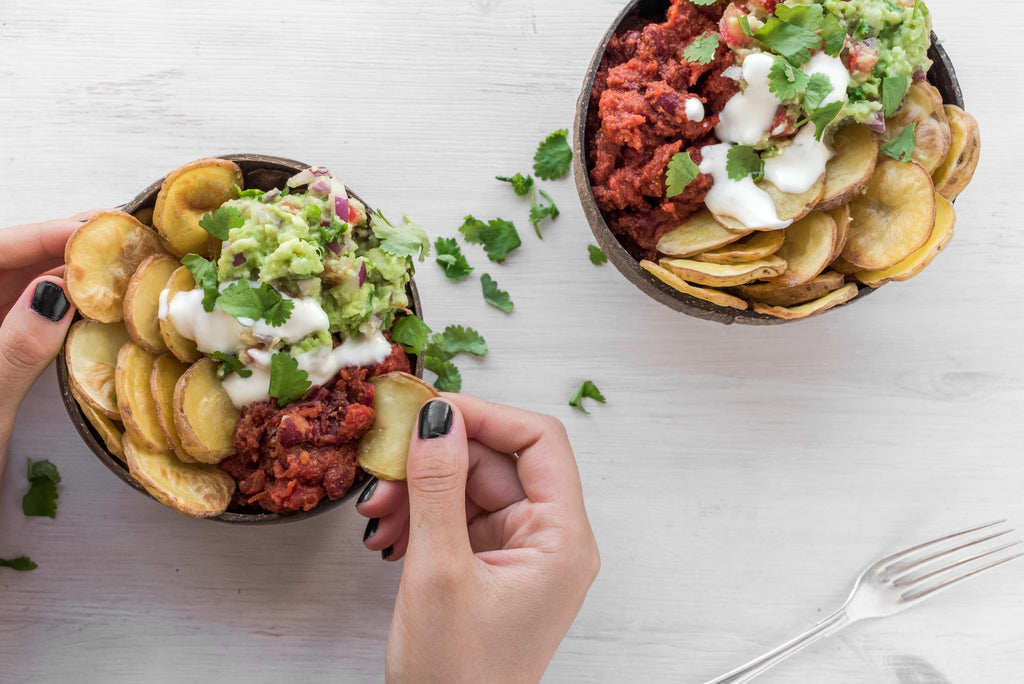
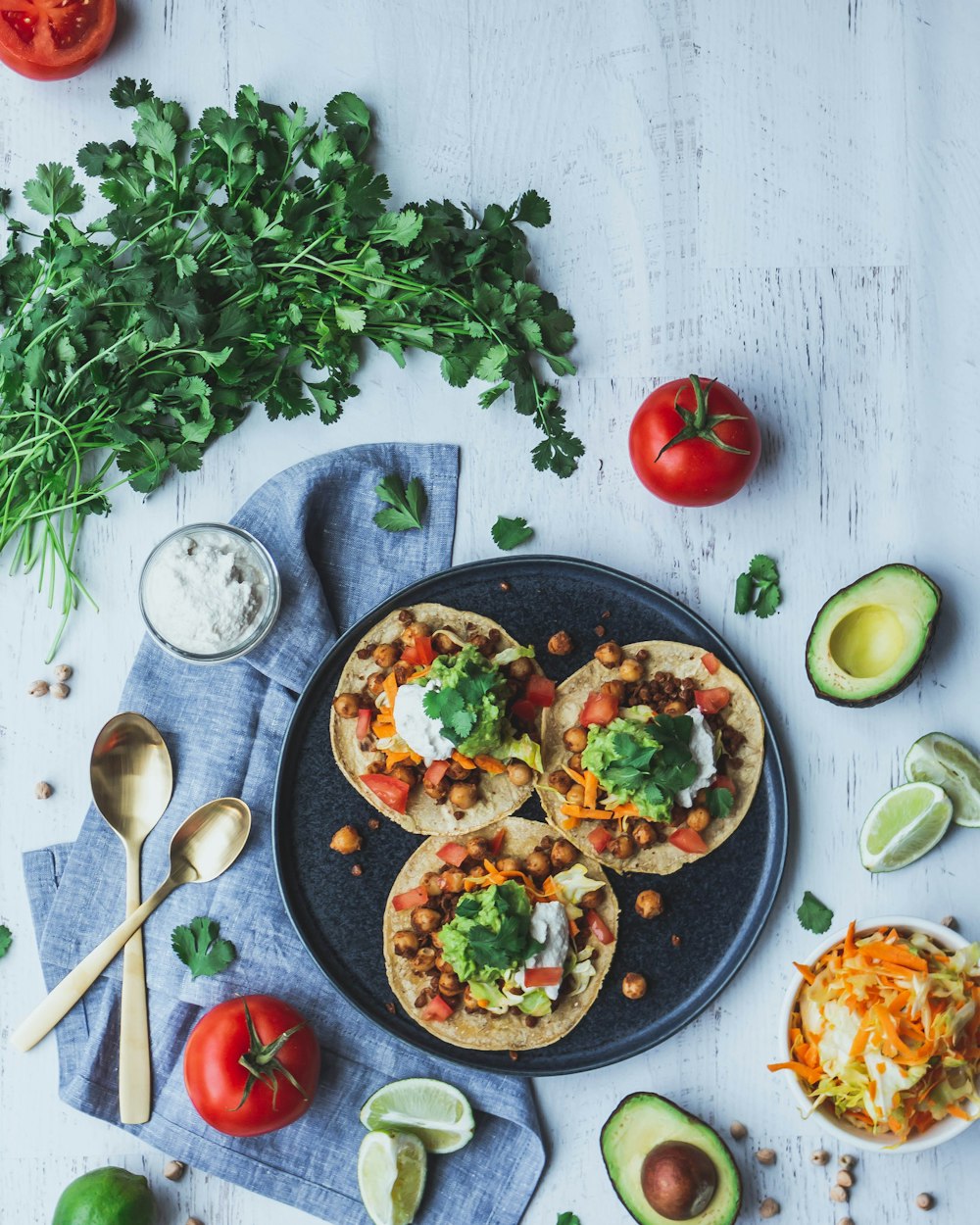




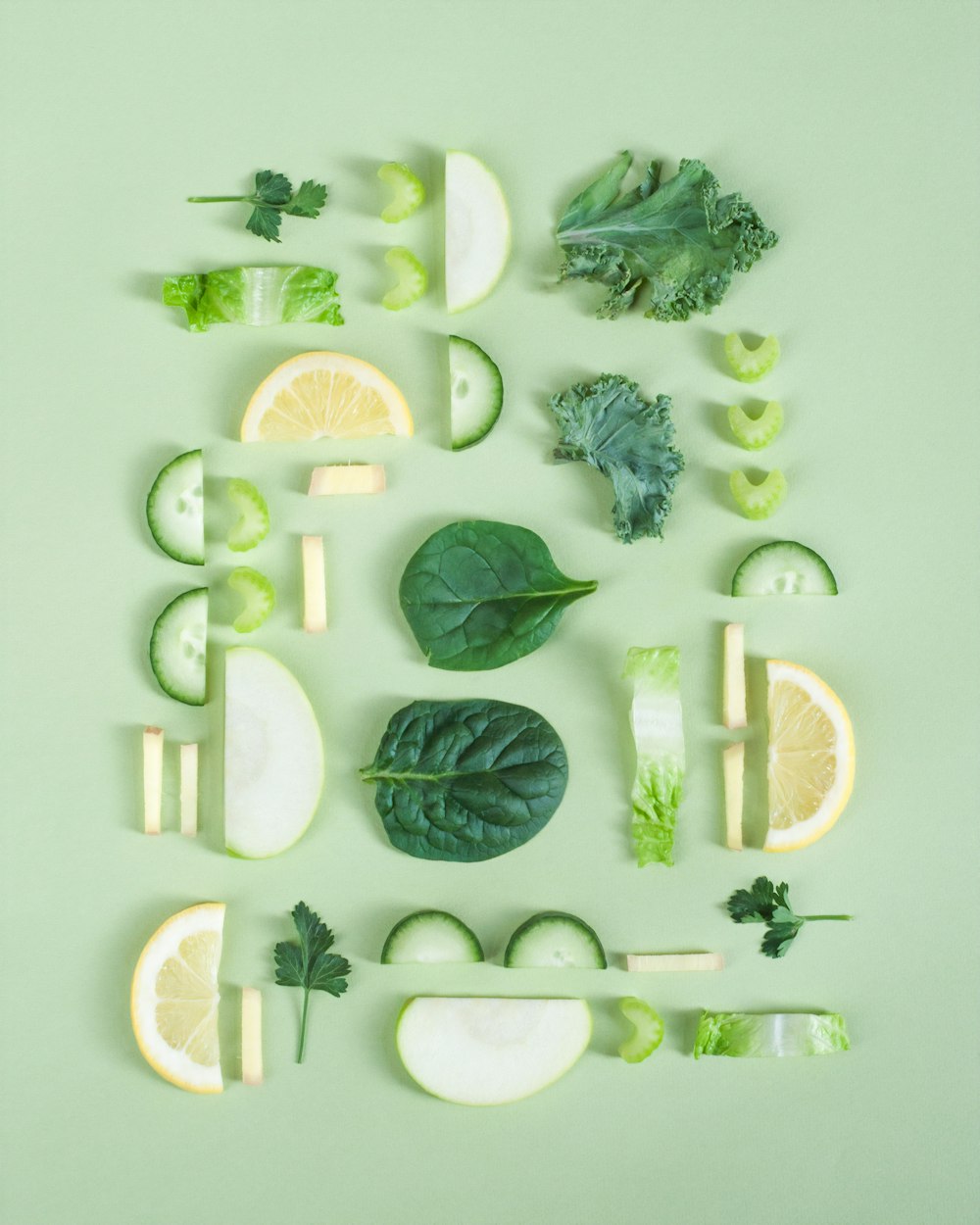



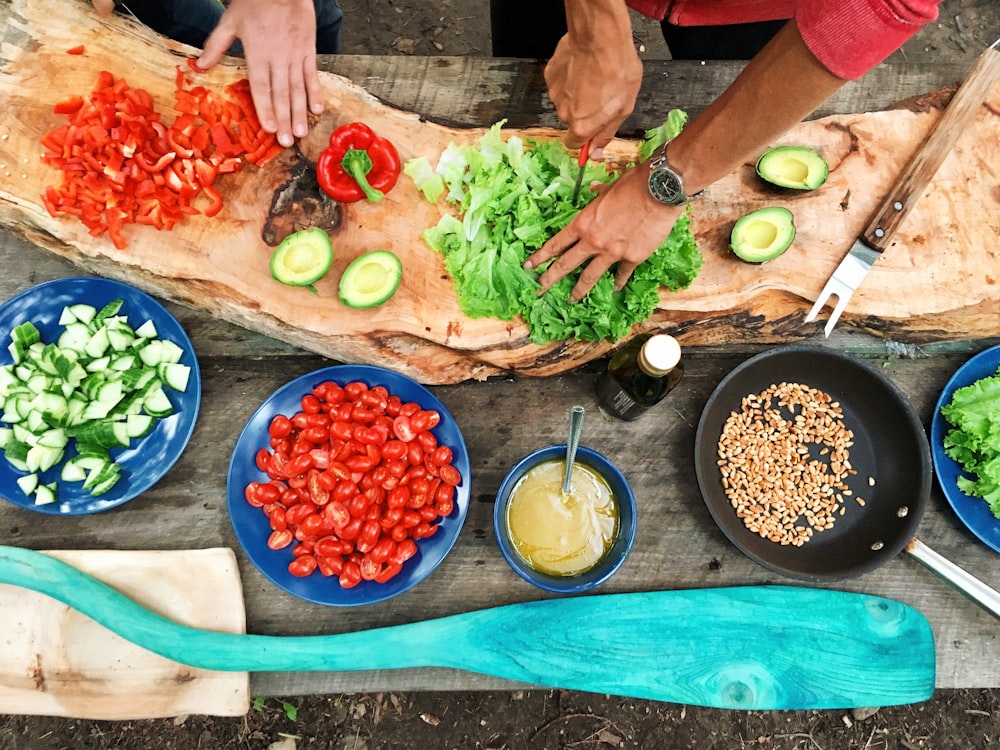






Leave a comment